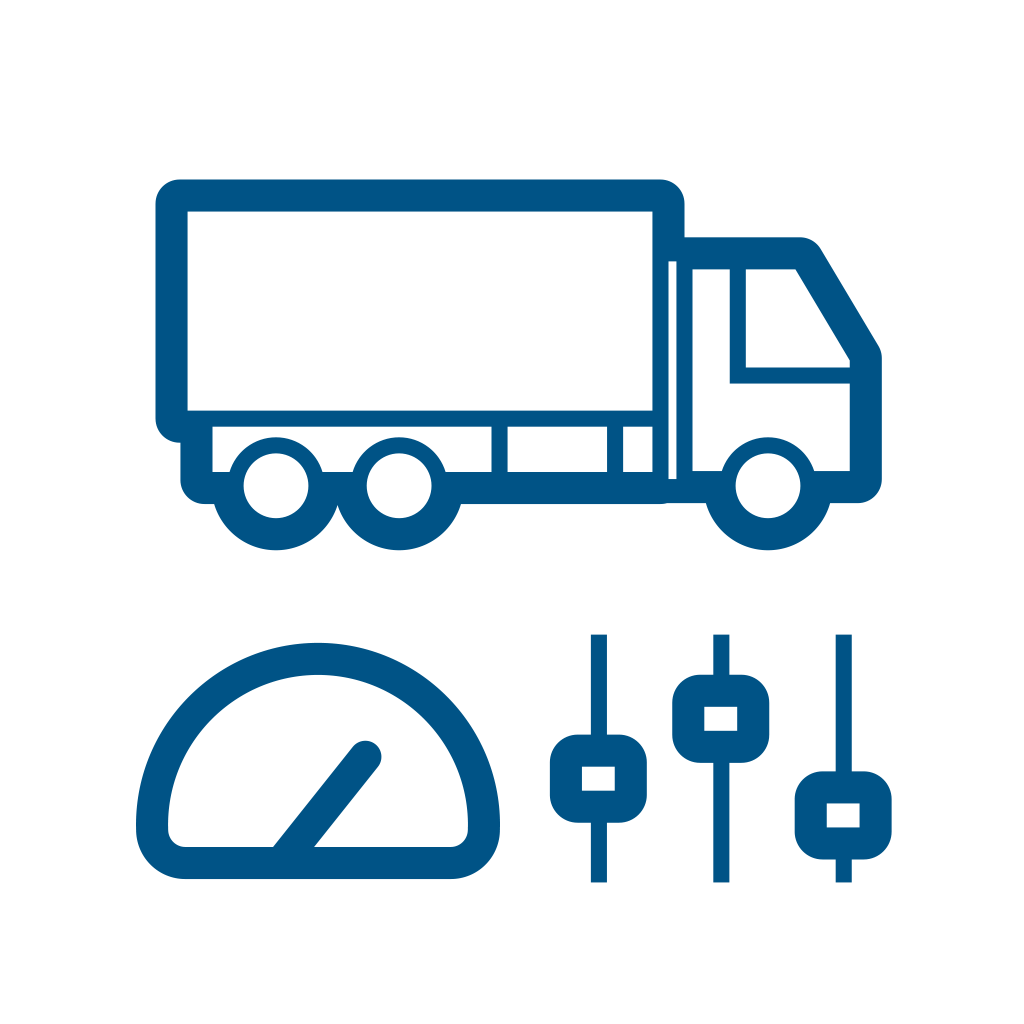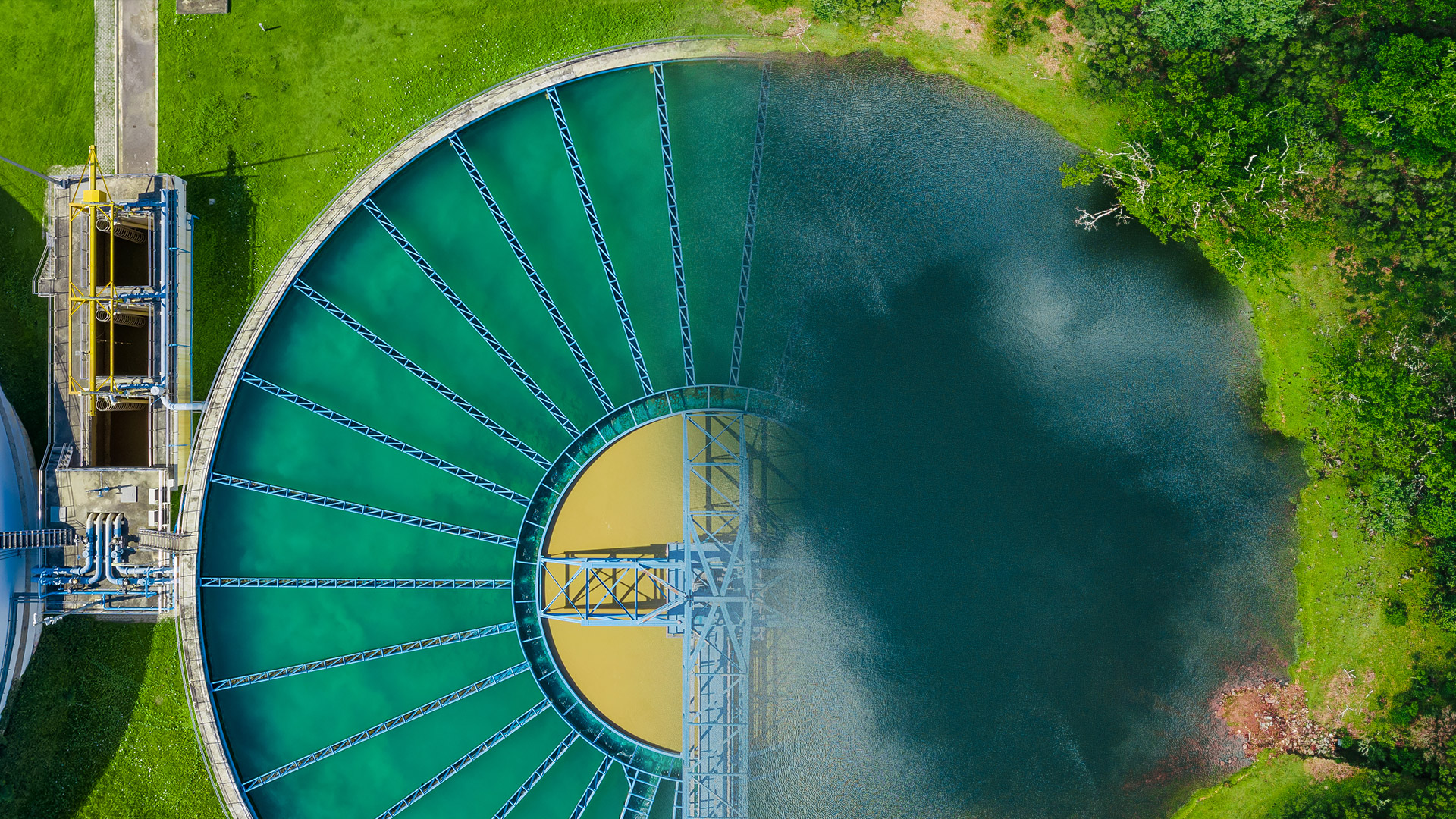Sustainable Production
Sustainable Production involves making products and services with processes that are eco-friendly, resource-efficient, economically sound, and safe for workers, communities, and consumers.
What is Sustainable Production?
The United Nation’s Sustainable Development Goals (SDGs) define sustainable production as the practice of doing more and better with less. It also means thinking about resources management and the whole lifecycle of the product, from more environmentally friendly raw materials to eco-design to its recyclability. This is a huge opportunity to re-invent manufacturing for a sustainable economy.
Sustainable Development Goal 12: A Global Mandate
SDG 12 emphasizes responsible consumption and production. Achieving this goal requires:
- Global collaboration to minimize resource depletion.
- Reducing material footprints in developed nations.
- Promoting awareness of sustainable consumerism.
The Importance of Sustainable Production for Businesses
Sustainable production is about minimizing the environmental footprint of manufacturing by reducing energy consumption, waste generation, and reliance on non-renewable resources. For businesses, transitioning to sustainable production offers several advantages:
- Regulatory compliance: Staying ahead of evolving environmental regulations.
- Consumer demand: Catering to the increasing preference for sustainable products among consumers.
- Carbon neutrality goals: Progressing toward zero-carbon objectives while enhancing brand reputation.
What Does It Mean for Your Business?
To that end, sustainable production is about reducing the negative externalities of the production process in terms of energy consumption and waste materials. Therefore, rapidly adapting manufacturing and distribution for greener and more reusable products made of sustainable materials is critical. All this allows companies to stay ahead of changing regulations, cater to the increasingly sustainability-focused desires of modern consumers, and move towards realizing their zero carbon goals.
Key Challenges in Sustainable Production
While creating eco-design products and adopting more sustainable production processes can yield many benefits, achieving this transition can involves hurdles such as:
- Operational silos: Lack of collaboration across departments can slow innovation.
- R&D bottlenecks: Limited resources for research and development of sustainable alternatives.
- Supply chain complexities: Difficulty in tracking and ensuring sustainability across the value chain.
Industry Focus: Improving the Consumer Packaged Goods & Retail Industry
Solutions for Making Effective Sustainable Products
By making production processes agile, flexible, and transparent, organizations can more effectively design and launch eco-design products, improve operational efficiencies and gain greater visibility over the sustainability of their value chains.
- Better materials: Improved research and development practices can lead to the utilization of more sustainable polymers and other greener materials in products.
- Supply chain transparency: Knowing their supply chain in depth means businesses can take timely and effective actions on managing product flow and integrate circular economy practices.
- Waste reduction: Improved design and lean manufacturing processes allow businesses to avoid waste, both in terms of energy and materials, as well in potential defective runs.
The Benefits of Dassault Systèmes’ Technologies
Dassault Systèmes is helping companies hit these sustainable production targets. Our cloud-based 3DEXPERIENCE® platform provides a range of solutions that can help organizations improve their processes, and create eco-design products throughout sustainable operations.

Reduce energy consumption
Increase energy efficiency through cutting-edge data analysis together with process and logistics optimization technology.

Reduce waste
Improve adaptability to introduce new equipment, optimize manufacturing times, analyze the consumption of less material, and improve supply chain systems.

Proactively adapt to changing regulations
Make sure your business’s resources and reputation are in line with the latest green guidelines through traceability throughout the entire value chain.
Real-World Results, As Told by Our Customers
See how Dassault Systèmes solutions are helping our customers reach their sustainable production goals.
Making a Positive Impact on Society
FAQ About Sustainable Production
The world faces mounting pressure from overconsumption and resource depletion. Current global production methods deplete natural resources at an alarming rate, generating excessive waste and pollution. This creates a destructive cycle where increased demand drives unsustainable manufacturing practices.
A major challenge lies in the disconnect between consumer behavior and environmental impact. Despite growing environmental awareness, many markets continue prioritizing short-term profits over long-term planetary health. The material footprint of developed nations particularly strains ecosystem capacity through excessive resource extraction and greenhouse gas emissions.
Rising populations and expanding middle classes worldwide further amplify these challenges. Without fundamental changes to how goods are made and consumed, environmental degradation will accelerate, threatening both human wellbeing and natural systems.
Sustainable packaging products minimize environmental impact by using eco-friendly materials, reducing waste, and conserving resources throughout their lifecycle. They support circular economy principles by promoting recyclability, biodegradability, or reusability. Businesses that opt for sustainable packaging can reduce their carbon footprint, meet regulatory requirements, and enhance brand image by aligning with environmentally conscious consumer preferences. Additionally, sustainable packaging can lower long-term costs through reduced material usage and improved operational efficiencies.
Ensuring sustainable food production involves implementing practices that preserve natural resources, protect biodiversity, and minimize environmental impact. Key strategies include:
- Adopting sustainable farming methods: Practices such as crop rotation, organic farming, and agroforestry improve soil health and reduce chemical use.
- Efficient resource management: Optimize water and energy use through drip irrigation, renewable energy, and precision agriculture technologies.
- Reducing waste: Implementing better storage, transport, and distribution methods to prevent food loss.
- Using eco-friendly inputs: Transitioning to natural fertilizers and pest control methods.
- Promoting local food systems: Supporting local producers reduces transportation emissions and fosters community sustainability.
Collaboration across the supply chain and government support are essential for scaling these practices effectively.
Production sustainability is crucial for balancing economic growth with environmental preservation and social well-being. It reduces resource depletion, minimizes waste, and lowers greenhouse gas emissions, helping to mitigate climate change. For businesses, sustainable production can lead to cost savings, innovation, and a competitive advantage by meeting consumer demands for ethical and eco-friendly products. Additionally, it ensures long-term resource availability and fosters resilience in supply chains, safeguarding future generations’ needs while addressing current global challenges.
Sustainable production refers to creating goods and services in a way that minimizes environmental impact, conserves natural resources, and promotes social equity. It involves reducing waste, lowering emissions, and optimizing resource efficiency throughout the production lifecycle. Sustainable production prioritizes renewable energy, ethical labor practices, and compliance with environmental regulations. It is a core component of sustainable development, aiming to meet present needs without compromising the ability of future generations to meet their own.
Discover Related Challenges of Sustainable Manufacturing
Circular Economy
How circular economy practices can help your business dare to be bold through new business models that preserve the environment for future generations.
Decarbonization
Rethink how your operate across your entire value chain to reduce your carbon footprint.
Sustainable Energy
How to move to a next-generation energy landscape to reduce your energy use footprint.









